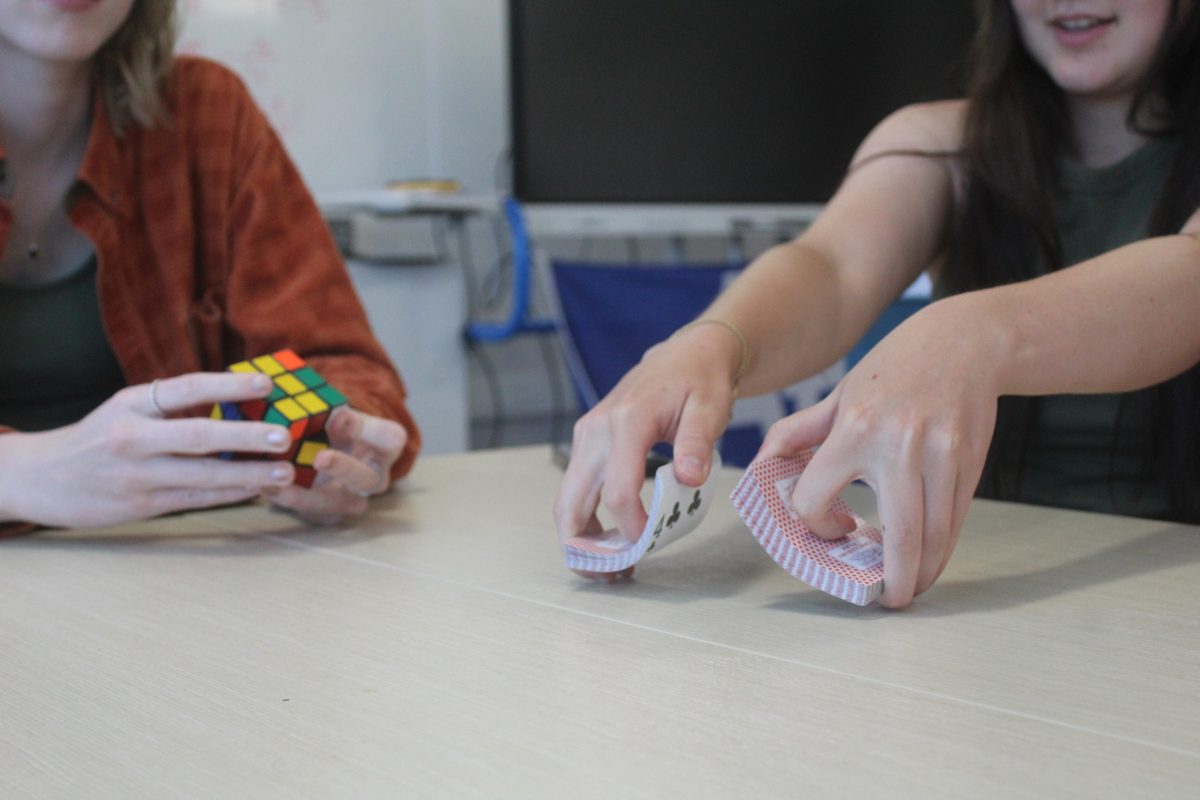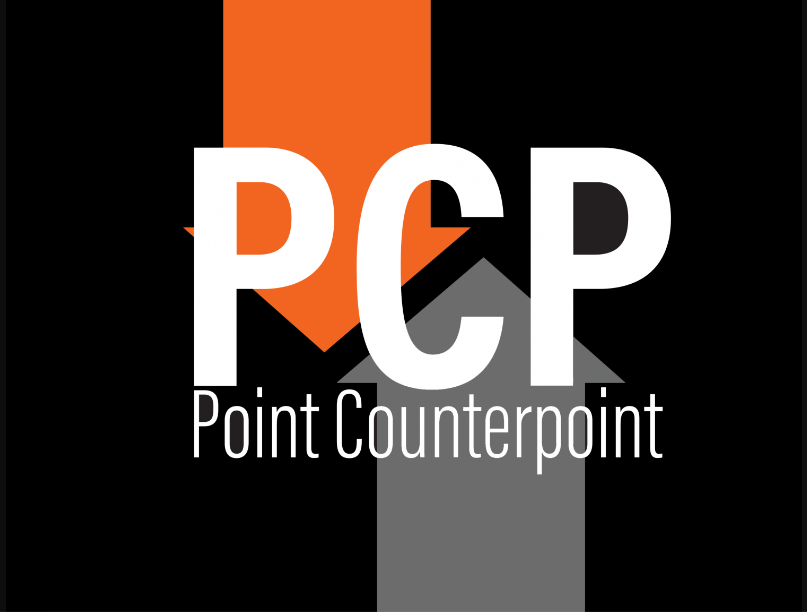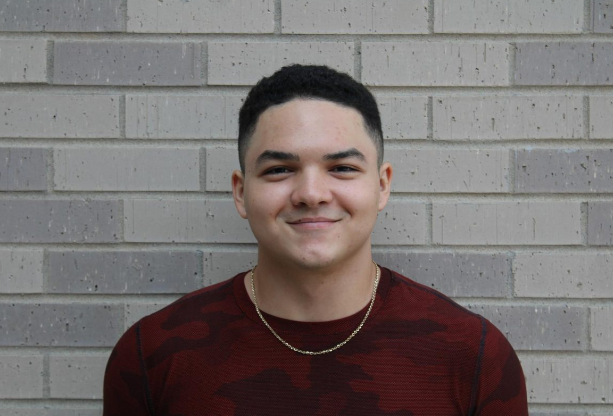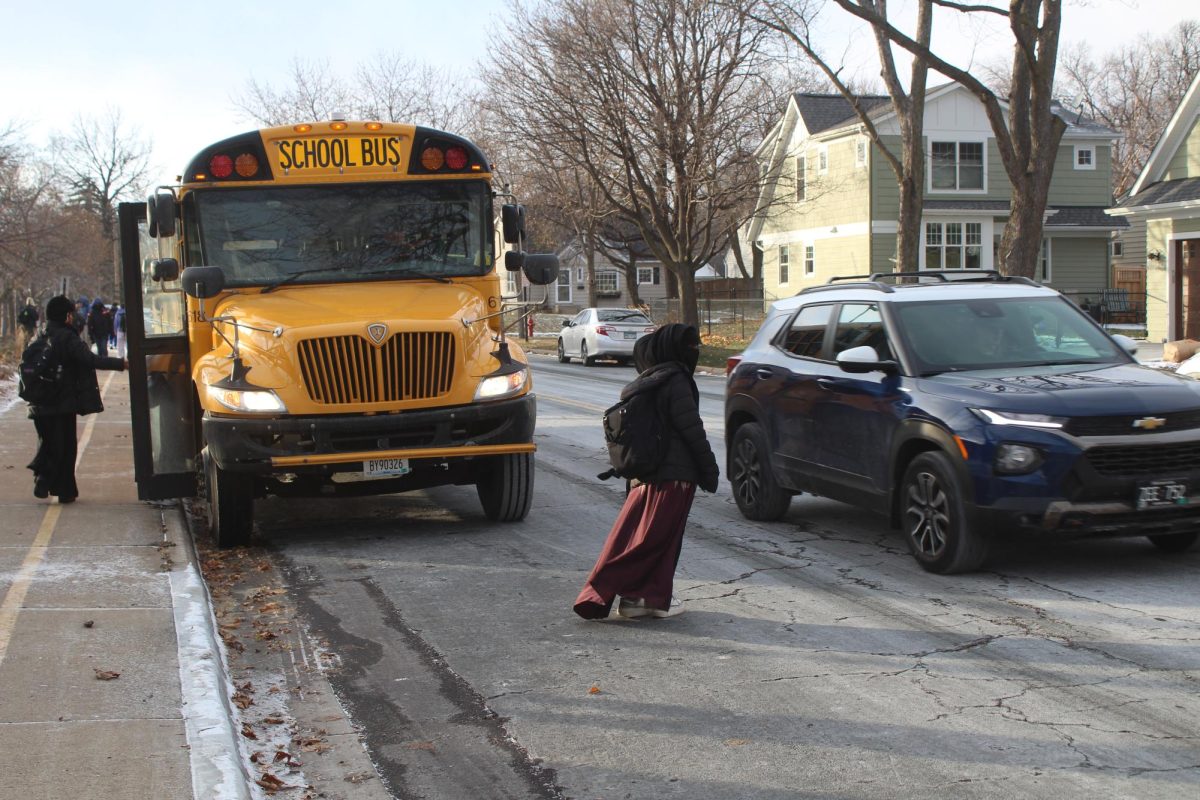Throughout the last decade, the number of students taking AP exams has been slowly but surely climbing. However, every year, AP exams have brought an immense amount of stress to high school students, making many wonder: is it even worth it? AP exams test a student’s knowledge of the entire school year’s material, usually in a very specific fashion (consider AP history exams and the exact factors they look for in a long essay question). After all that stress and a long year of learning, still not every student will get college credit for the course. What’s the point of that?
While a majority of colleges will take AP credit, you’ll need to score a three or higher on the AP exam for that to happen. This also varies between schools, with some only taking fours or fives, and some, like Brown, not even counting it for credit, just using your scores to place you into new classes. It’s one factor that students may need to add to their college search, which just makes a long list of considerations even longer. If your dream school takes a simple passing score, that’s great, but even passing with a three may be a difficult task for many students. With this, the discussion about people being naturally “good” or “bad” test takers arises. The debate about standardized tests can be a touchy subject — are they really a good test of a student’s knowledge, or do they just measure how well the student knows how to test? This has been one issue that students have found with tests like the ACT and SAT, which can be a huge deciding factor when it comes to college admissions. Some students are able to pay for a tutor that teaches them exactly how the test will work, and that helps them easily get a high score. However, students that either can’t afford a tutor or don’t have resources to study how the test works may not perform as well. Is that really fairly testing what these students know? The same argument can be made for these AP tests; especially ones that entail students writing essays. One teacher may do a good job teaching their students exactly how the AP board wants the essays written, but another may not. If the students in these two classes know the exact same material from the class, but the first class is taught how to express it, I don’t think it’s presumptuous to say that the first class may end up with higher scores.
This school year, my junior year, I had the option to take AP United States History, which is offered by Park. However, after taking the AP European History exam last year, I knew I didn’t want to take another AP history test — it just stressed me out too much. I decided to take US History through PSEO at Normandale, and I couldn’t be more happy about that decision. I took the class online and asynchronous, so it didn’t take away from my regular school day. The class was also just one semester, so I had my junior year social studies credit done early and had time to take an Intro to Psychology class second semester, knocking out my senior year social studies credit as well. From the financial standpoint, PSEO classes are also completely free, in contrast to AP classes where you have to pay around $50 to take the test. The best part of the entire decision, though, was that by just passing these two classes, I know I have eight college credits under my belt. I’m not stressed out waiting to get a score back to see if some colleges might possibly take the credits, I know that what’s done is done and I will be able to transfer these credits easily.
Don’t get me wrong, I don’t hate AP classes. I took AP Calculus this year and I didn’t regret that decision. I also know that PSEO classes aren’t for everyone, and AP is still a good way to get college credit in the comfort of a high school class. Some students also may learn better when they’re in the classroom, but don’t have time in their school schedule to take an in-person PSEO class. PSEO is what worked for me, and it’s what I’d recommend to most, but sometimes stressing over a big test is easier for a student than jumping into a college-level course. All I know for sure are the facts: I took two classes for college credit in the time that most students just took one, I didn’t have to pay to take a test and I don’t have to worry about ensuring my college credit. Overall, pick the classes that work for you, but keep these factors in mind and don’t default to AP.











